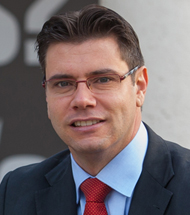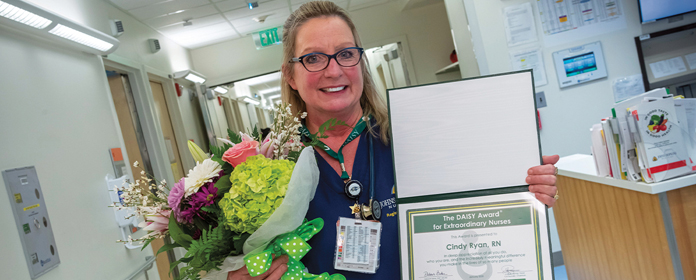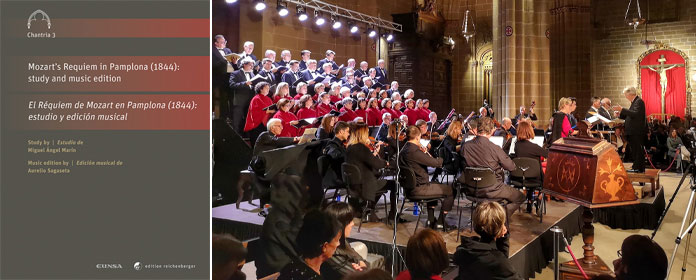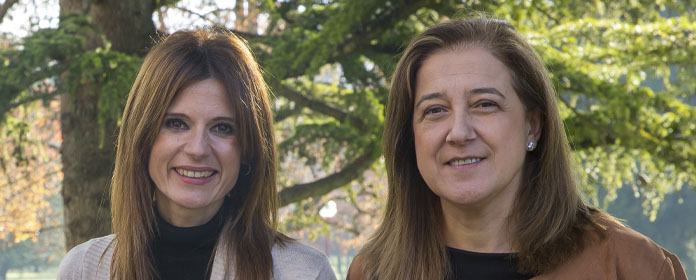"The tensions between personal identities do not end in rupture if the bonds that bind us to others are strong"
Alejandro García co-organized a workshop at the University of Navarra on social relationships and identity financed by the Spanish Ministry of Economy

FOTO: Manuel Castells
"Identity itself is interwoven with a variety of connections that are personal, kinship-related, and ideological... The tensions between personal identities are flexible and do not end in rupture if the bonds that bind us to others are strong," or so assured Professor Alejandro García within the framework of a workshop organized by the Institute for Culture and Society (ICS) of the University of Navarra. The workshop received funding from the Spanish Ministry of Economy.
According to the philosopher and sociologist, "Contrasting identity andbonds is a flawed approach." As he explained, "There are different spheres of connection between people and some of them may be less than harmonious because of feelings, positioning, or a sense of belonging... But when the relationship is more important, the latter stays in the background in an effort to avoid conflict.”
Professor García alluded to the proximity between bonds and human identity. On the one hand, he recalled that, "We cannot become what we want without taking into account the relationships in which we are immersed. We are relational beings and we cannot explain ourselves outside of these ties." On the other hand, he stressed that, "This does not exhaust our identity because otherwise individuality, which is unique and non-transferable, would have no place."
The impact of new technologies on personal relationshipsProfessor García also alluded to the impact of new technologies: "They allow for a universe of bonds with others, but not all of them contribute to defining our identity. Despite our global village, we remain in our bubble of meaningful relationships."
Although he sees that, with them, "the virtualities of physical contact are lost," he refuses to idealize a past in which encounters only took place in this way. "Now contact is more fluid," he emphasized. In addition, he stressed that, "Studies still need to look into if any prejudice or impedimentis found in non-physical forms of social relationships."
The expert from the School of Humanities and Social Sciences commented that new technologies have expanded the possibility of "distancing oneself from the social norm and looking for references other than those within the reduced and nearby population where one lives."
He realizes that techniques like Google’s content personalization, as well as that of other social networks, promote “the confirmation of our assumptions and only relating to like-minded people in terms of social perception, knowledge, evaluations, etc.," but he also noted that, "we can leave those circles with just a couple of clicks."
Along these lines, he acknowledged that some prefer to "preserve the content bias bubble in which they find themselves." The problem, he noted, "is the extent to which we are aware that we are continuously receiving inputs of a certain kind." In his opinion, it is most important to "be aware that we can access other perspectives" and that people who are not open to them "are so through a free and conscious decision."
Alejandro García is co-organizer, together with Ana Marta González, of an international workshop on Social Bonds and Personal Identity. This activity is part of the project Bonds, Emotion and Identity: The moral dimension of social bonds at the ICS. It receives funding from the Spanish Ministry of Economy.





